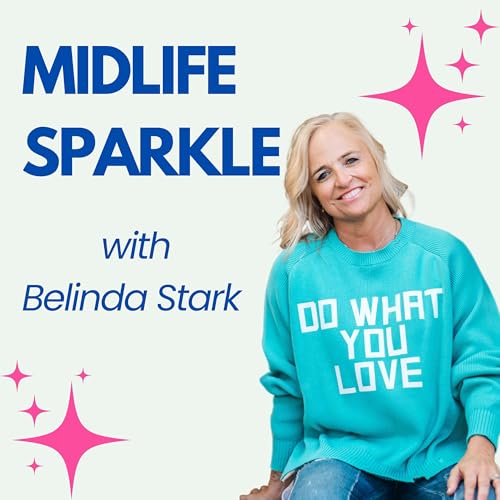Send us a text
In this mid-season solo episode of Sober Sparkle, I answer the questions I’m asked most often - on email, in DMs and in conversation with clients. From whether alcohol caused my breast cancer, to how much I actually drank, whether my partner still drinks, how I handled socialising in early sobriety, if I’ll ever drink again, and the exact steps I took to change - nothing is off limits. I’m an open book because I want you to know you’re not alone, and there’s more than one way to change your relationship with alcohol.
I start with the big one: did drinking cause my breast cancer? My specialists didn’t think so at the time (2014), given my family history and the research available then. What I wasn’t asked - by any specialist - was whether I drank, and I wasn’t educated on the alcohol–cancer link. That’s changed. In early 2024, the US Surgeon General highlighted clear links between alcohol and several cancers, including breast cancer. My message is simple: please book your mammogram. In Australia, call 13 20 50. My mammogram was the reason my cancer was found early.
I share, honestly, how much I drank. Near the end it was a bottle of wine a night, often more. I justified it with “rules” and “low-alcohol” wine, but when you add up standard drinks it was well above health guidelines. I also answer the partner question. Yes, my husband still drank when I stopped, and I didn’t expect him to change for me. What actually happened was a ripple effect - without pressure - he naturally cut down and now drinks very occasionally.
Socialising in the early months? I bunkered down and focused on me: reading, podcasts, journalling, movement and rest. When I did go out, alcohol-free options in a proper glass made a huge difference. I had a plan for well-meaning pressure (“just one”), and I learned to leave when I’d had enough. Lunches, breakfasts and walks were easier than boozy nights. Triggers popped up (Father’s Day was one), but preparation helped.
Will I drink again? I don’t know - and I’m comfortable with that. I planned six months off, felt so much better and kept going. I don’t apply pressure or labels. In my coaching, you don’t have to quit forever to work with me - cutting back, experimenting and taking breaks are all valid paths.
Finally, I lay out exactly what I did to change. I removed alcohol from the house, immersed myself in quit-lit and podcasts, worked with a coach and a group for accountability, replaced the 5–7 pm window with movement, food, calls, showers or a bath, kept my hands busy (stress ball, manicure, knitting, cooking), and used alcohol-free drinks as a stepping stone. Most importantly, I swapped self-berating for self-compassion. That shift kept me going when nothing else did.
Key Takeaways and Actions (woven through the episode):
If you’re sober-curious, start by getting curious - not judgemental. Add up your honest standard drinks and notice the “rules” you use to justify them. Build a social plan: bring your own alcohol-free options, decide your exit time, and have a one-line response ready for “just one”. Replace the 5–7 pm window with something that occupies your hands and head. Consider accountability - a coach, a program or a trusted friend. And please, book your mammogram (13 20 50). Above all, be kind to yourself; compassion changes behaviour, shame doesn’t.
 2025/10/0738 分
2025/10/0738 分 2025/09/3046 分
2025/09/3046 分 2025/09/2320 分
2025/09/2320 分 2025/09/1618 分
2025/09/1618 分 2025/09/0916 分
2025/09/0916 分 2025/09/0214 分
2025/09/0214 分 2025/08/2640 分
2025/08/2640 分 2025/08/1939 分
2025/08/1939 分

